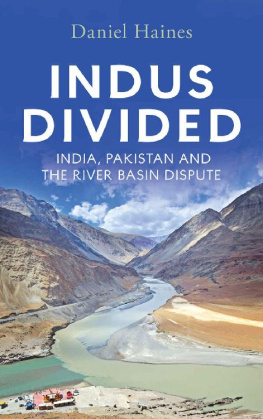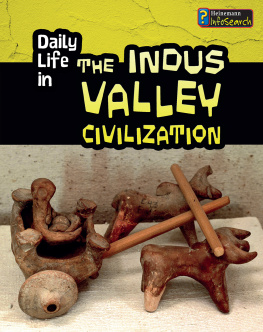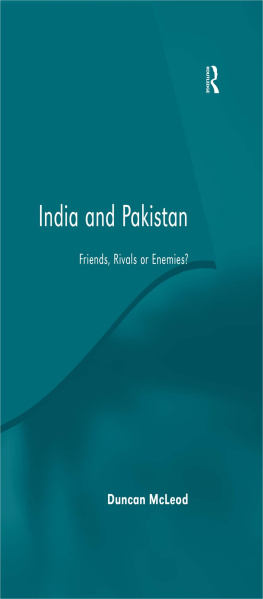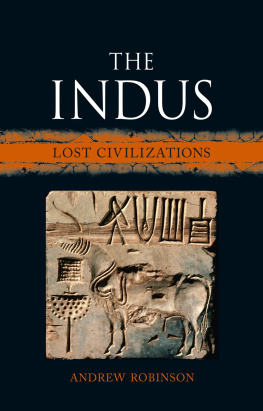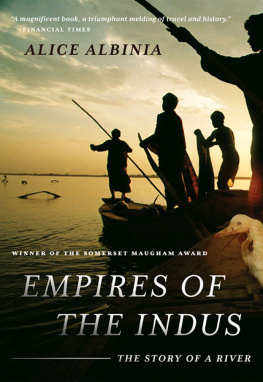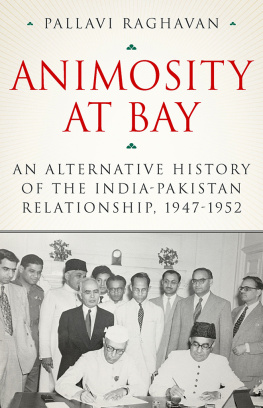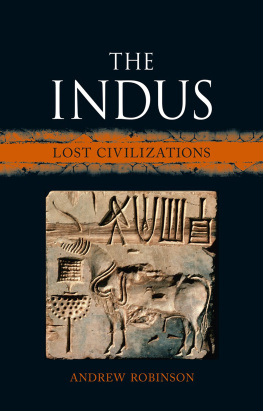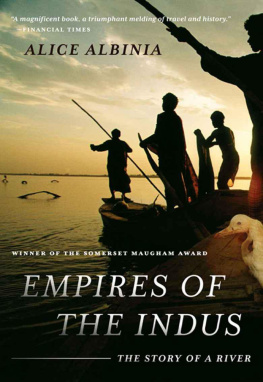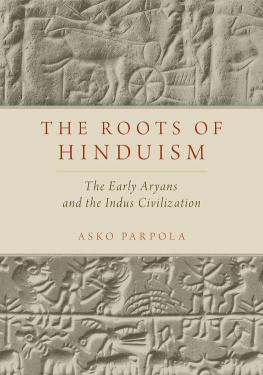South Asia is usually defined as India, Pakistan, Bangladesh, Sri Lanka, Nepal, Bhutan and sometimes Afghanistan.
Kashmir refers to the territories that Maharaja Hari Singh governed up to September 1947, including the Valley of Kashmir, Jammu, Gilgit, Baltistan, Hunza and Ladakh, which India and Pakistan later disputed. Jammu & Kashmir means the Indian State of Jammu & Kashmir. Pakistan Administered Kashmir means the area under Pakistani control.
I use State with an initial capital where I refer to semi-autonomous Princely States (such as the State of Jammu & Kashmir) or to States in the federal Indian Union (the Pakistani equivalent is the province). In lower case, I use state to mean the state as in governing agencies within a country, or in the sense of a sovereign power in international relations.
I use common modern spellings except in direct quotationshence Firozpur instead of Ferozepore, Kolkata instead of Calcutta, and so on.
Introduction
As a blazing sun poured itself over the dry and parched lands of Montgomery and Lahore, anxious and overwrought people of the province asked, When will the canal water come?
A few days before Dawns article was published, an Indian national daily had given a very different impression of the canal waters problem. The Punjab canals dispute has been amicably settled, reported the Times of India. Indian and Pakistani politicians, bureaucrats and engineers had concluded a hurried round of negotiations in New Delhi. The delegations had discussed international law relating to transboundary rivers, the needs of the two Punjabs, and possible financial arrangements. Eventually they struck an agreement that caused water to flow again. It is understood, the Times continued, that a realistic approach on either side, in refreshing contrast with past negotiations on the subject, facilitated the agreement today. Why was the tone of the two newspaper reports so different?
Indian and Pakistani perspectives on the canal waters dispute were virtually irreconcilable. Indias leaders claimed that India fully owned all the water of every river that flowed through Indian territory. By that logic, Indian engineers could do what they liked with the River Sutlej, which fed canals in both Punjabs, even if its actions reduced the water available in downstream Pakistan. Pakistan, by contrast, claimed that it had pre-existing rights to Sutlej water. In fact, the Pakistani argument continued, Indian engineers had no right to do anything that would reduce water levels downstream. The New Delhi agreement of May 1948 represented Indias point of view. Pakistan repudiated it within a year. The Times of Indias report of an amicable settlement proved mistaken.
The dispute quickly grew to encompass all the major rivers of the Indus Basin: the Indus itself, the Jhelum, the Chenab, the Ravi and the Beas, as well as the Sutlej. When India and Pakistan achieved independence from Britain in 1947, a new international border had divided the river basins northern mountainous regions, where the rivers collect the majority of their water, from the southern delta. Divided between nation-states, the rivers became a potential source of conflict. For both countries, national pride and economic security were at stake. In time, the dispute drew the attention of powerful foreign actors such as the International Bank for Reconstruction and Development (the World Bank) and the United States (US) government. This book is about the politics of the Indus dispute: how and why it arose, the impact that it had on state-building in the newly independent states of India and Pakistan, its effect on their relationship to the international community, and the disputes apparent resolution in the Indus Waters Treaty of 1960.
The core of my argument is that the Indus dispute became so heated, and proved so intractable, because the Indian and Pakistani governments both associated control over water with control over territory. Access to water resources became a symbol of their sovereignty as independent nation-states. Water was necessary to statecraft in practice, too. Developing water resourcesthrough irrigation projects and hydroelectric damswas a key tool for promoting economic growth. It helped define a powerful role for national and local government officials in rural life. The story of the Indus dispute therefore encompasses water both as a wet, flowing material substance that engineers could divert and farmers could use, and the relationship between rivers, territory and state space.
Tensions over the Indus system still persist, and the stakes in the basin are high. In 2011, 145 million Pakistanis and 83 million Indians lived in the basin.
Given the basins importance, it is fitting that the Indus dispute appears frequently in existing literature. There is, however, little serious engagement with its complex history. Recent discussion of the treaty, particularly in the pages of the Indian journal Economic and Political Weekly, has dealt primarily with the treatys legacy in contemporary South Asia, particularly Pakistans recent complaints that Indias construction of hydropower projects in Kashmir breaches the terms of the treaty. While performing valuable work, such writing has neither the scope nor the research base to draw conclusions about the origins of the dispute.
Those origins are important. An online readers comment on one mass media article reads:
[the] Indus Water[s] Treaty is an example of cooperation and proved itself a conflict prevention mechanism successfully in the past, but is facing new emerging challenges such as climatic variations, population [growth], [water] scarcity, energy demands and other actors (China, Afghanistan, Kashmir), therefore there is a need to revisit the treaty according to new circumstances.
Such a view represents much of todays discourse on the treaty, both in scholarship and the media. I heard variants of it many times in India and Pakistan. I also heard the contrary view that either Pakistan or India (depending on the speakers orientation) had sacrificed its rightful share of water in order to appease the other. Written works, including those presented as research-based analysis rather than advocacy, take similar lines. None of these viewpoints is entirely unreasonable. But the nature of cooperation in the treaty, the circumstances that brought it about, and its actual effectiveness in preventing conflict are all poorly understood.

